MRI Community-Led Activities are primarily led by researchers, with the MRI Coordination Office supporting administration and communications.
MRI Working Groups
MRI Working Groups bring together individual researchers to address research questions and synthesize activities aligned with the MRI’s objectives. These Working Groups provide a platform for discussion, exchange, and research, with two-year work plans (with possible extensions) specifying planned peer-reviewed publications, conference presentations, or the compilation of datasets. These working groups are open to the community, and we encourage MRI network members to actively participate in their activities—especially early career researchers.
Currently, the MRI comprises four working groups, each encouraged to interconnect ideas and cultivate synergies among themselves. These groups are:
Synthesis and Scoping Workshops
MRI Co-PI/SLC-Led Incubators


